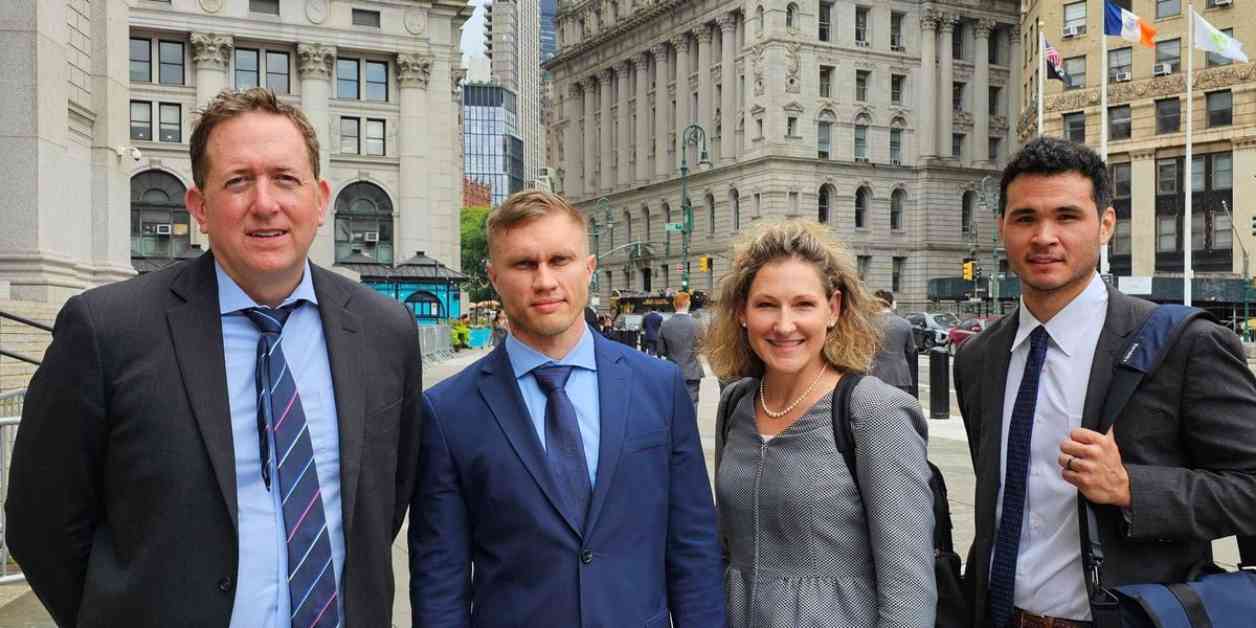The ongoing case against Tornado Cash developer Roman Storm by the U.S. Department of Justice revolves around the distinction between creating software and controlling a service. Storm, along with fellow developer Roman Semenov, faces charges related to money laundering, operating an unlicensed money transmitting business, and violating sanctions regulations. Despite pleading not guilty and seeking dismissal of the case, Storm’s attorneys engaged in a lengthy debate with prosecutors during a recent hearing.
The central question of whether Storm had control over Tornado Cash, a decentralized mixer, after May 2020 was a key focus of the defense’s argument. They contended that Storm’s development of privacy software did not equate to controlling the transactions facilitated by the mixer. The defense emphasized the immutability of Tornado Cash’s pools as evidence that Storm could not be held liable for users’ actions.
On the other hand, prosecutors argued that any entity aware of criminal activities occurring within its service must take steps to prevent such behavior. The discussion delved into the level of control a developer should have over the use of their software, drawing parallels with encrypted messaging app WhatsApp. The encryption feature of WhatsApp was presented as a factor that limited the app’s ability to monitor user activities, unlike financial transactions facilitated by Tornado Cash.
The hearing also addressed defense motions related to document production, including requests for evidence from other government agencies and foreign governments. The defense sought information from the Dutch government, which prosecuted another Tornado Cash developer, and from U.S. agencies like OFAC and FinCEN. While the defense argued for the relevance of such materials, the prosecution raised concerns about diplomatic sensitivities and legal precedents.
Judge Failla refrained from making immediate decisions on the motions but indicated that she would rule promptly. The trial, initially set for September, was rescheduled for December 2, with expectations of a two-week duration. Failla’s comments reflected a balanced consideration of the case’s complexities, acknowledging differing perspectives on the nature of Storm’s involvement with Tornado Cash.
As the legal proceedings continue, the debate between conduct and code in the prosecution of Roman Storm underscores broader questions about the responsibilities of software developers and the implications of criminal activities facilitated by their creations. The evolving landscape of digital technologies raises challenging issues regarding liability, control, and regulatory oversight in an increasingly interconnected world. The outcome of this case may have far-reaching implications for the intersection of technology, privacy, and law enforcement efforts.

















